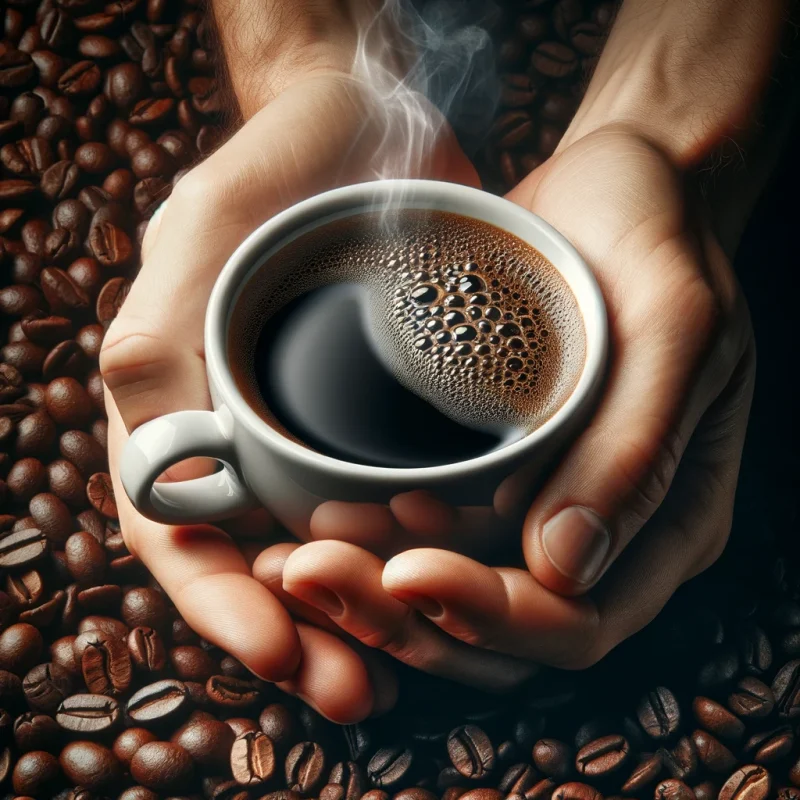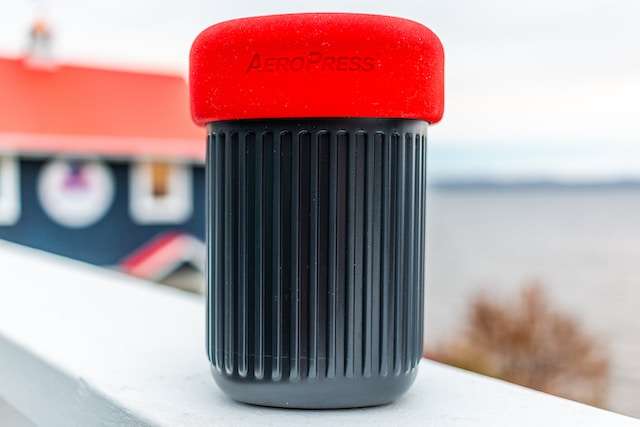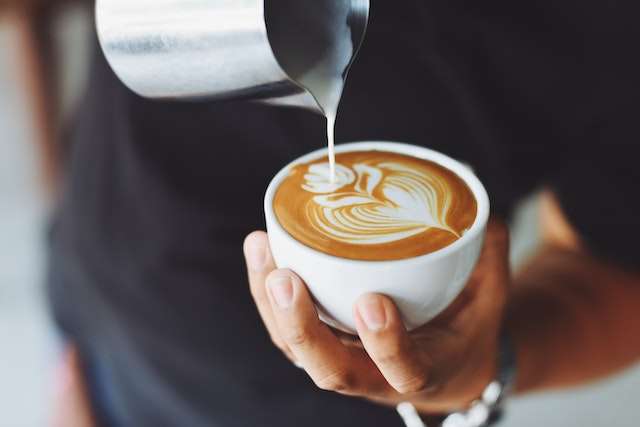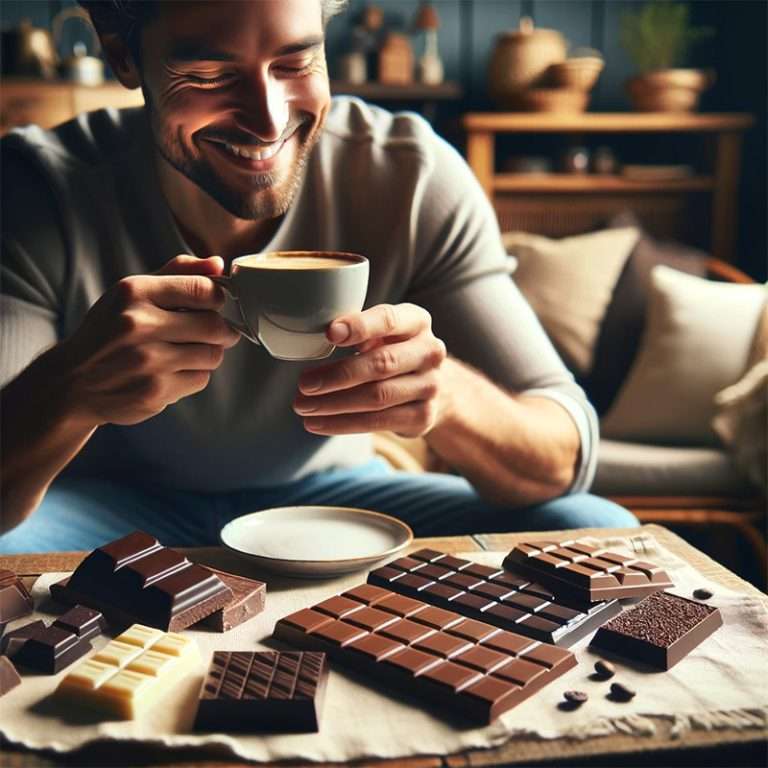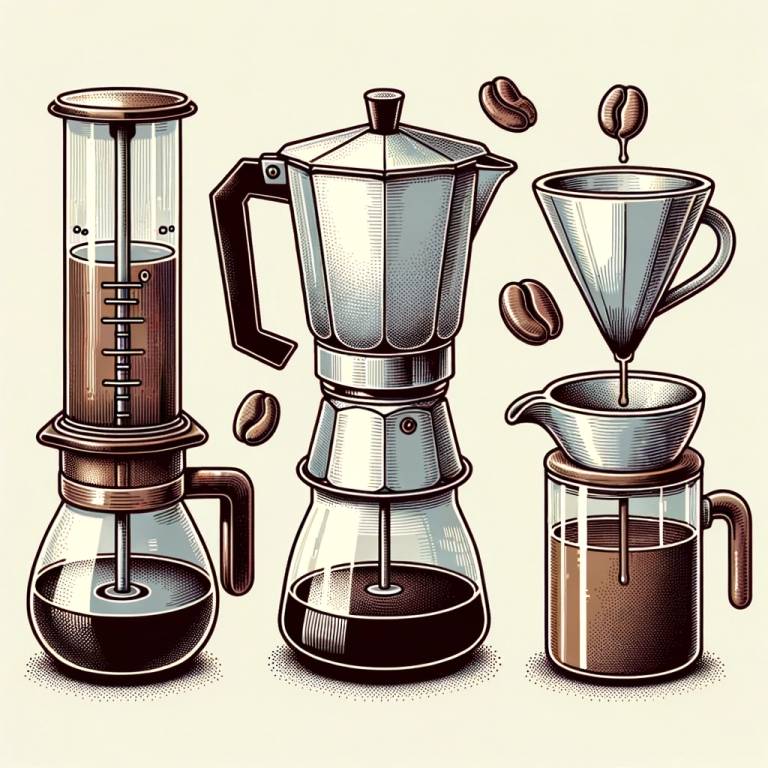Is black coffee stronger?
Remember that time at the office when I grabbed a cup of black coffee and my colleague remarked, “Wow, going for the strong stuff?” That moment got me thinking – is black coffee really stronger? In this article, we’re going to dive into what ‘strength’ means in the world of coffee and unravel this mystery together.
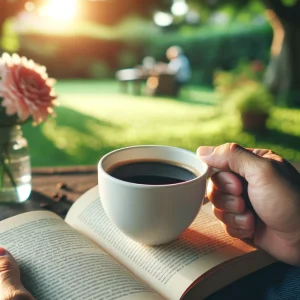
What Makes Coffee ‘Strong’?
When we talk about the strength of coffee, what comes to mind? Is it the caffeine content, the bold flavor, or something else? The strength of coffee can be subjective and is influenced by several factors. Some people equate strength with caffeine content, while others consider the richness of flavor. Also, there’s a common misconception that the darker the roast, the stronger the coffee. Let’s explore this further.
The Role of Roasting in Coffee Strength
Roasting plays a pivotal role in defining the coffee’s character. But does it make coffee stronger? Light roasts often have a mild flavor but retain more caffeine due to less heat exposure. Dark roasts, on the other hand, have a bold, robust flavor, which many perceive as ‘stronger,’ yet they actually contain slightly less caffeine. So, it’s more about flavor intensity than actual strength.
Caffeine Content: The Science Explained
Caffeine, the most celebrated component of coffee, is often mistaken as the sole indicator of strength. Interestingly, the caffeine content in black coffee varies depending on the bean type and brewing method. For instance, a shot of espresso might seem strong due to its intense flavor, but it actually contains less caffeine than a regular cup of drip black coffee. Understanding this distinction helps in appreciating the true ‘strength’ of your brew.
Brewing Methods and Their Impact on Strength
The way you brew your coffee significantly influences its strength. An espresso, made by forcing hot water through fine coffee grounds, is concentrated and has a robust flavor profile. In contrast, a French press, which allows for longer steeping, often results in a brew that’s rich in flavor but not necessarily high in caffeine. My personal favorite? A drip coffee, which offers a balance in flavor and caffeine – perfect for those morning reads.
Personalizing Your Coffee Experience
Coffee is a personal journey. Some like it mild and aromatic, while others prefer a bold, intense cup. Black coffee is a canvas for such preferences. If you like your coffee strong in flavor, go for a dark roast. If it’s caffeine you’re after, a medium roast or certain types of single-origin beans might be your best bet. Don’t be afraid to experiment with different beans and brewing methods to discover what strength means to you.
The Impact of Additives on Coffee Strength
Adding milk, sugar, or syrups to coffee changes not only its flavor but also our perception of its strength. Black coffee, devoid of any additives, offers an unadulterated coffee experience, allowing you to taste the true essence of the coffee bean. While additives can soften the bold flavors of black coffee, they don’t necessarily reduce its caffeine content. So, if you’re looking for a pure, strong coffee experience, black coffee is the way to go.
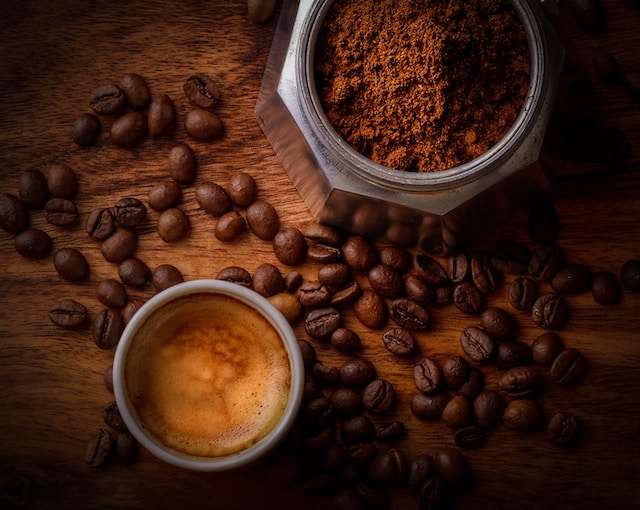
Myths and Facts about Black Coffee
Let’s bust some myths! It’s often believed that black coffee is overly harsh or acidic. In reality, the acidity and bitterness depend on the bean variety and brewing method. Another myth is that black coffee is an acquired taste. While it may be true for some, many people enjoy the rich and diverse flavors that black coffee offers right from the start. Knowing these facts helps in appreciating black coffee for what it truly is.
Health Benefits of Drinking Black Coffee
Drinking black coffee in moderation can offer several health benefits. It’s packed with antioxidants and nutrients like magnesium and B vitamins. Studies have shown that black coffee can boost metabolism and enhance brain function. However, it’s important to consume it in moderation, especially if you’re sensitive to caffeine.
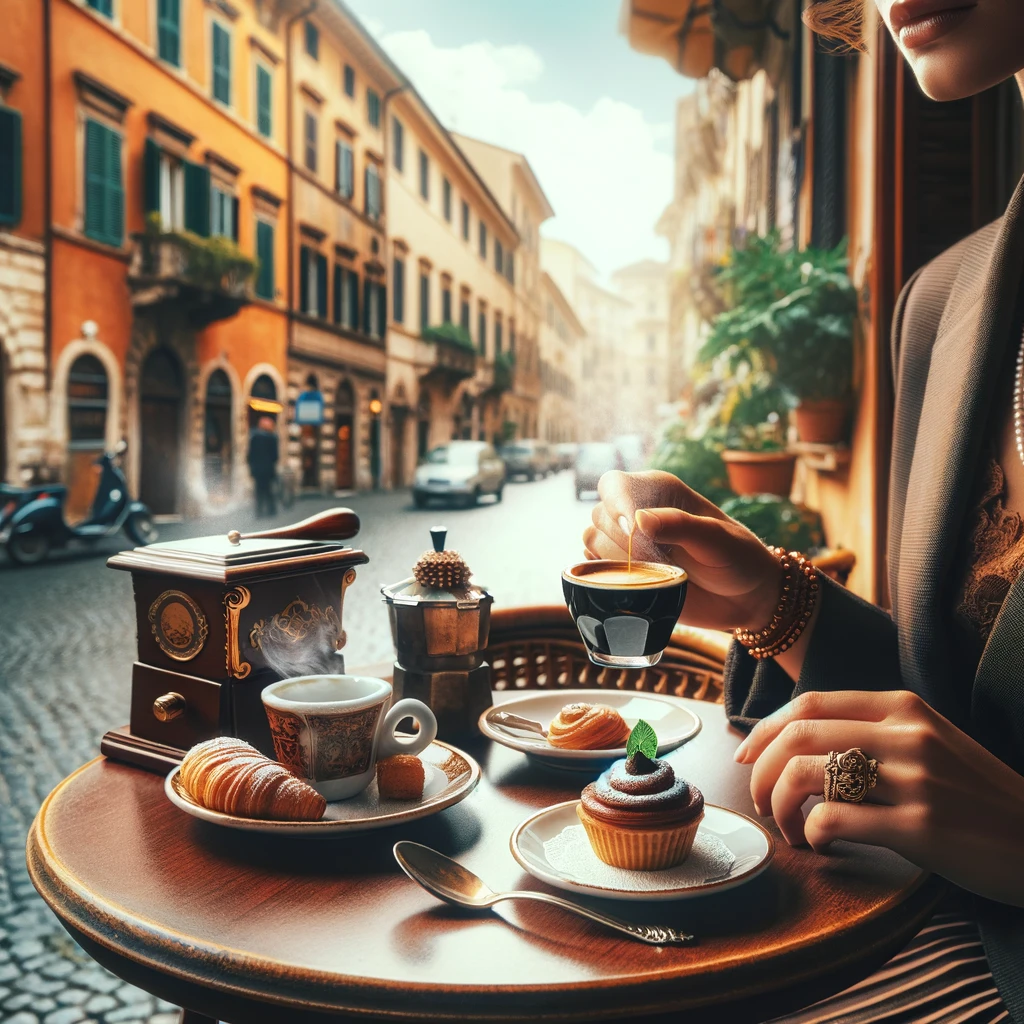
Exploring the Cultural Perspectives on Black Coffee
Global Coffee Traditions:
Italy: Espresso as an Art Form
In Italy, espresso isn’t just a coffee; it’s a cherished cultural ritual. The Italians have perfected the art of espresso, a strong, concentrated coffee served in small doses. The strength of Italian espresso lies not just in its caffeine content, but in its rich, complex flavor profile. It’s a daily tradition, a moment of pleasure, and a way to pause and enjoy life’s simple delights. Walking through the streets of Rome or Milan, the aroma of freshly brewed espresso is a constant companion, a testament to Italy’s love affair with this powerful brew.
Turkey: Strong, Unfiltered Brews Symbolizing Hospitality
Turkish coffee is a symbol of hospitality and friendship. It’s unique in its preparation and presentation, often brewed in a cezve (a small long-handled pot) and served unfiltered. This method produces a coffee that is much stronger and thicker than what most Westerners are used to. In Turkey, serving coffee is an act of respect and affection. The strength of the coffee is matched by the strength of the relationships it fosters, as friends and families gather around cups of this potent brew, sharing stories and creating memories.
Nordic Countries: High Consumption and a Deep Appreciation for Coffee Quality
The Nordic countries, particularly Finland, Norway, and Sweden, are known for their high coffee consumption. Here, coffee is more than a beverage; it’s a vital part of the social fabric. The Nordic approach to coffee is characterized by light roast profiles, emphasizing the intrinsic flavors of the coffee bean. This results in a cup that is strong in flavor yet not overwhelming in terms of caffeine content. Coffee time, or ‘fika’ in Sweden, is a cherished break for reflection and conversation. The strength of their coffee culture lies in this balance of quality, simplicity, and the warmth of shared experiences.
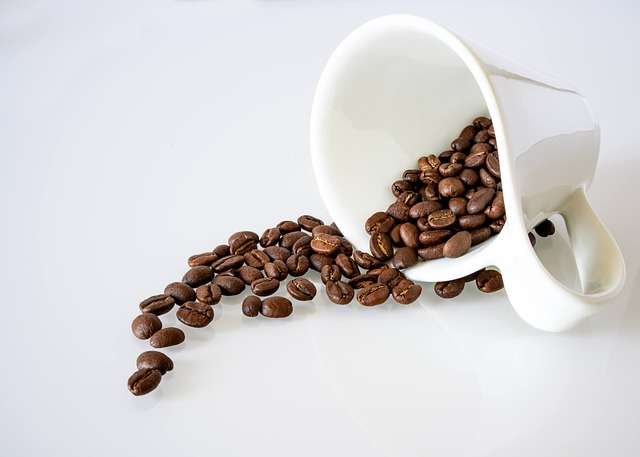
Conclusion
So, is black coffee stronger? It depends on how you define ‘strength.’ If it’s about the caffeine, then not necessarily. But if we’re talking about flavor intensity and purity, then yes, black coffee delivers a strong experience. The beauty of coffee lies in its diversity and personalization. Whether you prefer your coffee black or with a splash of milk, each cup offers a unique story. I encourage you to experiment, explore different brews, and find your perfect cup of coffee.
FAQ Section
Q: Does black coffee have more caffeine than a latte? A: Typically, yes. A standard cup of black coffee usually contains more caffeine than a latte, which is diluted with milk.
Q: Can the type of coffee bean affect the strength of black coffee? A: Absolutely. Different beans have varying levels of caffeine and flavor profiles, which can influence the perceived strength of the coffee.
Q: Is it healthier to drink coffee black? A: Black coffee is lower in calories and free from added sugars and fats that come with milk and sugar. This makes it a healthier choice for many.

